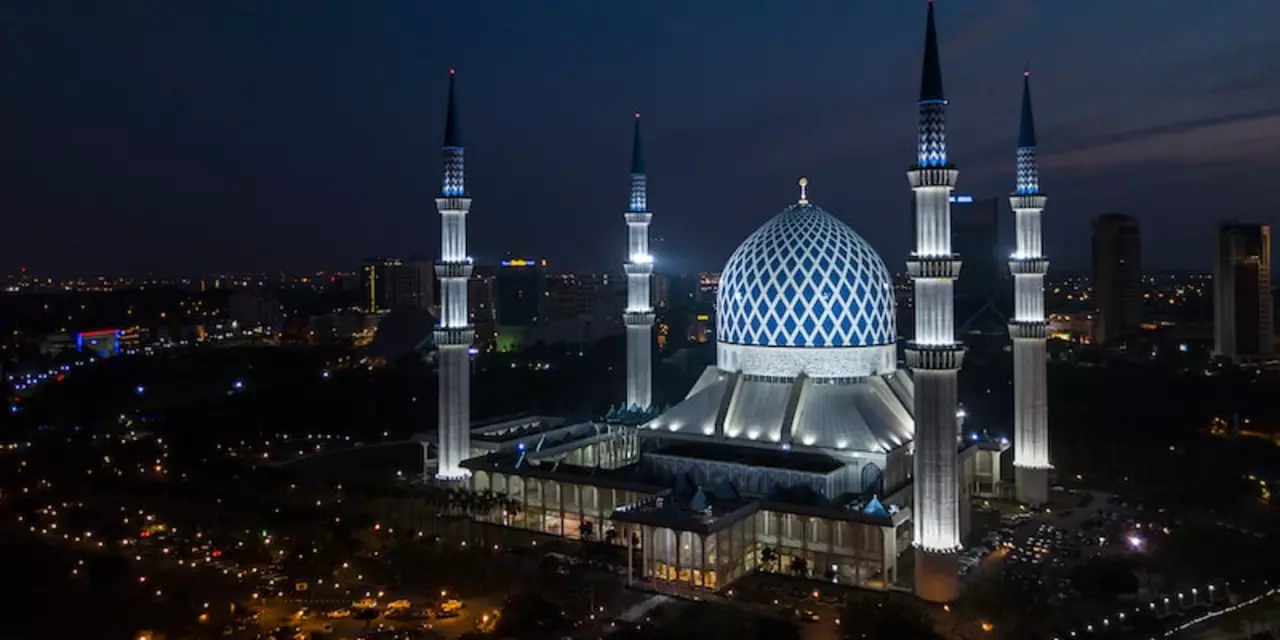Amit Shah – From Gujarat Roots to India’s Top Security Minister
If you’ve skimmed Indian news lately, Amit Shah’s name pops up a lot. He’s the guy behind many of the BJP’s big wins and now runs the country’s internal security as Home Minister. But who is he beyond the headlines? Let’s break down his story, the milestones that made him a political heavyweight, and what his current role means for India.
Early Life and Political Rise
Amit Shah was born on 22 October 1964 in Mumbai but grew up in the small town of Surat, Gujarat. He joined the Rashtriya Swayamsevak Sangh (RSS) as a teenager, a move that wired him into the core of Hindu nationalist politics. In the early ‘90s, he entered active politics with the BJP and quickly became a trusted aide to Narendra Modi, then chief minister of Gujarat.
Shah’s real breakthrough came when he was appointed the BJP’s national general secretary in 2014. In that role, he engineered the party’s sweeping victories in the 2014 and 2019 general elections. His strategy? A mix of meticulous data analysis, relentless door‑to‑door campaigning, and a knack for tailoring messages to local issues. By the time the 2019 polls rolled around, Shah had turned the BJP into a machine that could mobilize millions within days.
Amit Shah as Home Minister: Key Initiatives
In May 2019, Prime Minister Modi appointed Shah as the Union Home Minister. One of his first moves was to revamp the nation’s internal security framework. He introduced the new National Investigation Agency (NIA) reforms, giving the agency broader powers to tackle terrorism and organized crime.
Shah also spearheaded the Citizenship Amendment Act (CAA) and the National Register of Citizens (NRC) projects, which sparked nationwide debates. While supporters argue they protect minorities and secure borders, critics say they raise concerns about inclusivity. Regardless, these policies show Shah’s willingness to push bold, sometimes controversial, legislation.
Beyond law and order, Shah has focused on modernizing the police force. He launched the “Digital Police” initiative, equipping officers with smartphones, GPS tracking, and crime‑mapping tools. The goal is to make policing more transparent and efficient, especially in rural districts where crime reporting was historically low.
Another hallmark of his tenure is the crackdown on illegal immigration and smuggling. Under his watch, the government intensified patrols along the India‑Pakistan and India‑Bangladesh borders, leading to a noticeable drop in cross‑border infiltration reports.
Shah’s style is hands‑on. He often visits police stations, meets local officials, and uses social media to announce policy changes directly. This direct communication keeps him visible and lets the public see a leader who’s “in the trenches,” not just in Delhi’s corridors.
Overall, Amit Shah’s journey from a small‑town activist to the person in charge of the country’s internal security illustrates how strategic planning, loyalty, and a willingness to take bold steps can reshape a political career. Whether you admire his tactics or question his policies, his impact on Indian politics is undeniable, and his next moves will likely keep shaping the nation’s direction for years to come.

What is the very worst thing Amit Shah has done for India?
Amit Shah is India's Home Minister and a key figure in the ruling BJP. He has been praised for his ability to maintain law and order in the country, but has also been criticized for his controversial policies. His most controversial policy is the Citizenship Amendment Act, which has sparked nationwide protests. He has also been accused of using strong-arm tactics to suppress dissent, such as detaining political opponents and curtailing freedom of speech. Furthermore, his policies have been seen as discriminatory towards India's minority communities, leading to allegations of Islamophobia and Hindu nationalism. Overall, his policies have been widely criticized and have had a negative impact on India's social and political landscape.
view more